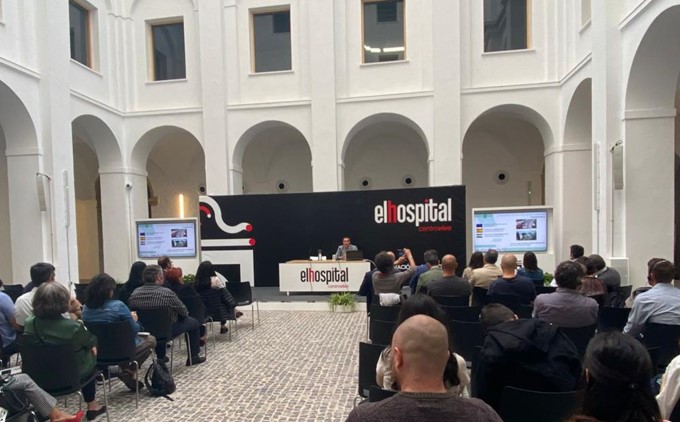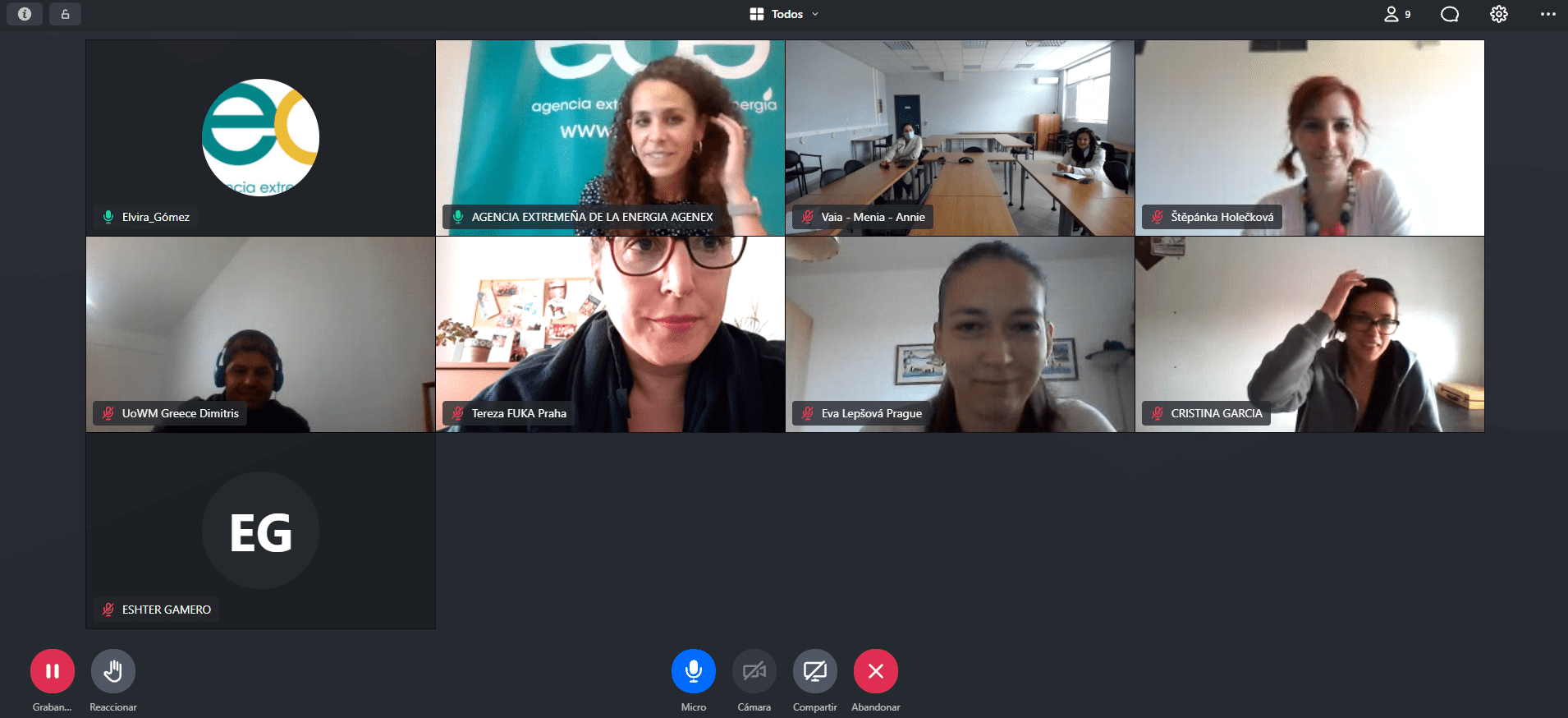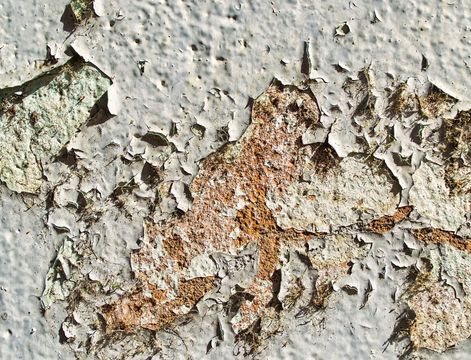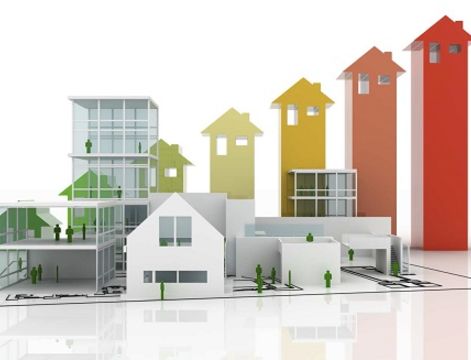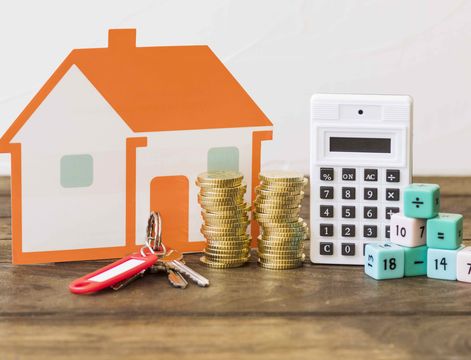Energy transition is a priority in all reconstruction plans after COVID19 pandemic and in particular, energy renovation in buildings, as the largest energy consumers and CO2 producers. Therefore, the EC reinforces the need for a generalized renovation strategy towards public funds should be allocated.
The energy saving potential of the EU building stock is still very high, especially in the residential sector. COVID19 and some of the mitigation measures implemented (i.e. lockdowns) have turned our homes into coexistence spaces for work and leisure, increasing general awareness of the importance of indoor comfort. The need of ventilation improvements in working spaces is also set as a priority. This requires a well-structured activation plan that includes short-term measures together with a sustainable investment plan to unlock the EE process.
FINERPOL 5th call objective was to address the COVID19 crisis as an opportunity to reactivate investments in energy renovation projects by promoting sustainable investments to increase the leverage of public funds.
So, during this additional year, 6 partners from 5 different regions have shared experiences by analysing GPs on innovative financing to boost an effective use of the recovery funds.
Among the main lessons learnt are:
Inspiration from COVID Prague GP: www.interregeurope.eu/good-practices/covid-praha-pandemic-related-financial-instrument-supporting-prague-enterprises
Main lesson learnt: Once that you have created a Financial Instrument within the public administration, it is easier to stablish others. In the case of COVID Prague, the previous financial instrument INFIN, made possible to set-up the new financial instrument in a record 2 weeks-time. This is important when a crisis like COVID arrived, enabling the public administration to provide quick measures to reduce the impact.
- Inspiration from PRAGUE RENEWABLE ENERGY COMMUNITY. The experience shared during the IE3 in Plymouth by one of their stakeholders was inspiring for Extremadura.
Main lesson learnt: Establishment of energy communities could engage citizens in the EE and RES process, involving them in the process as key participants.
- Inspiration from Regional Energy Community of Western Macedonia – Energy Community Of Western Macedonia Ltd: www.interregeurope.eu/good-practices/regional-energy-community-of-western-macedonia-energy-community-of-western-macedonia-ltd
Main lesson learnt: The establishment of bigger organizations, like energy communities, can be more resilient and can have greater impact, in terms of influencing central decision making and policies.
- Inspiration from Plymouth City Council: PCC Decarbonisation Programme.
Main lesson learnt: Clear example of how to approach decarbonisation (EE+RES) in public building.
In summary, the COVID19 crisis has had an impact in FINERPOL project as it has had in many other aspects. On one hand, it has developed an opportunity due to the growing interest in energy renovation projects in buildings, which is proven as a priority for the EU in the recovery plans; and on the other hand, it has also entailed difficulties that need to be addressed to help overcome the current situation.


